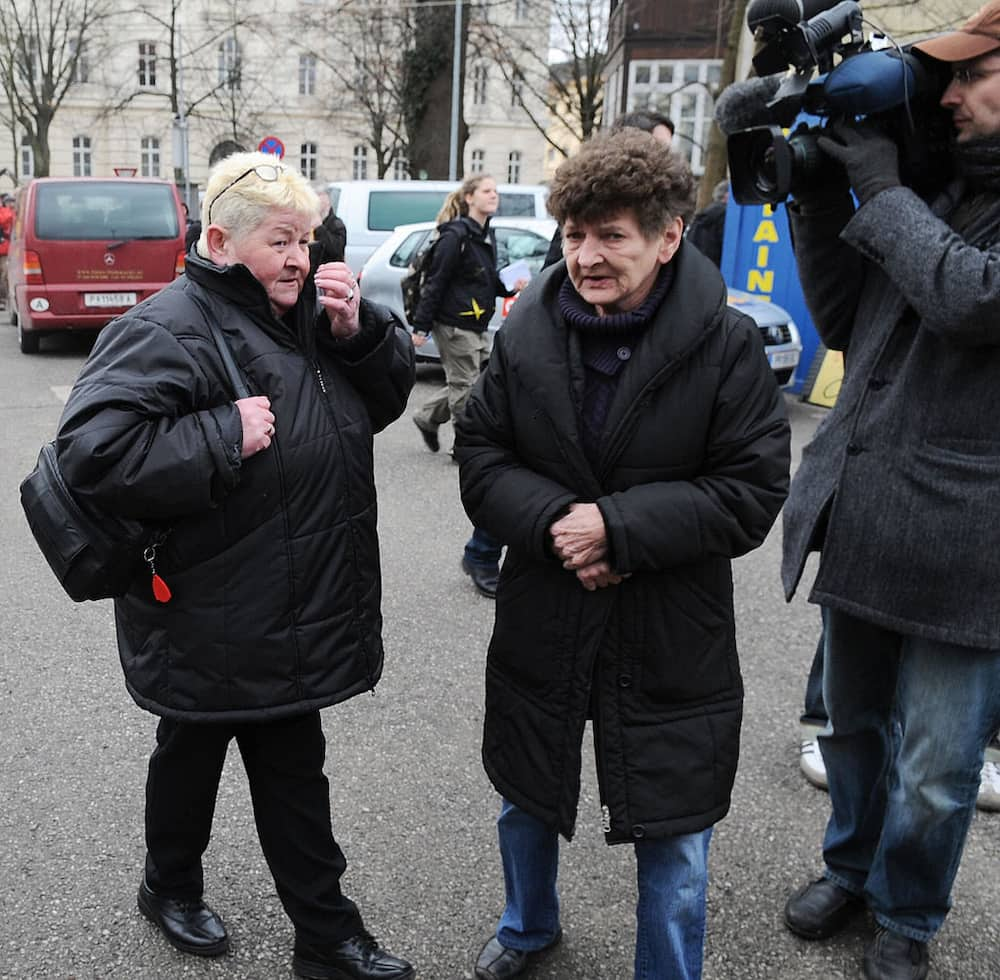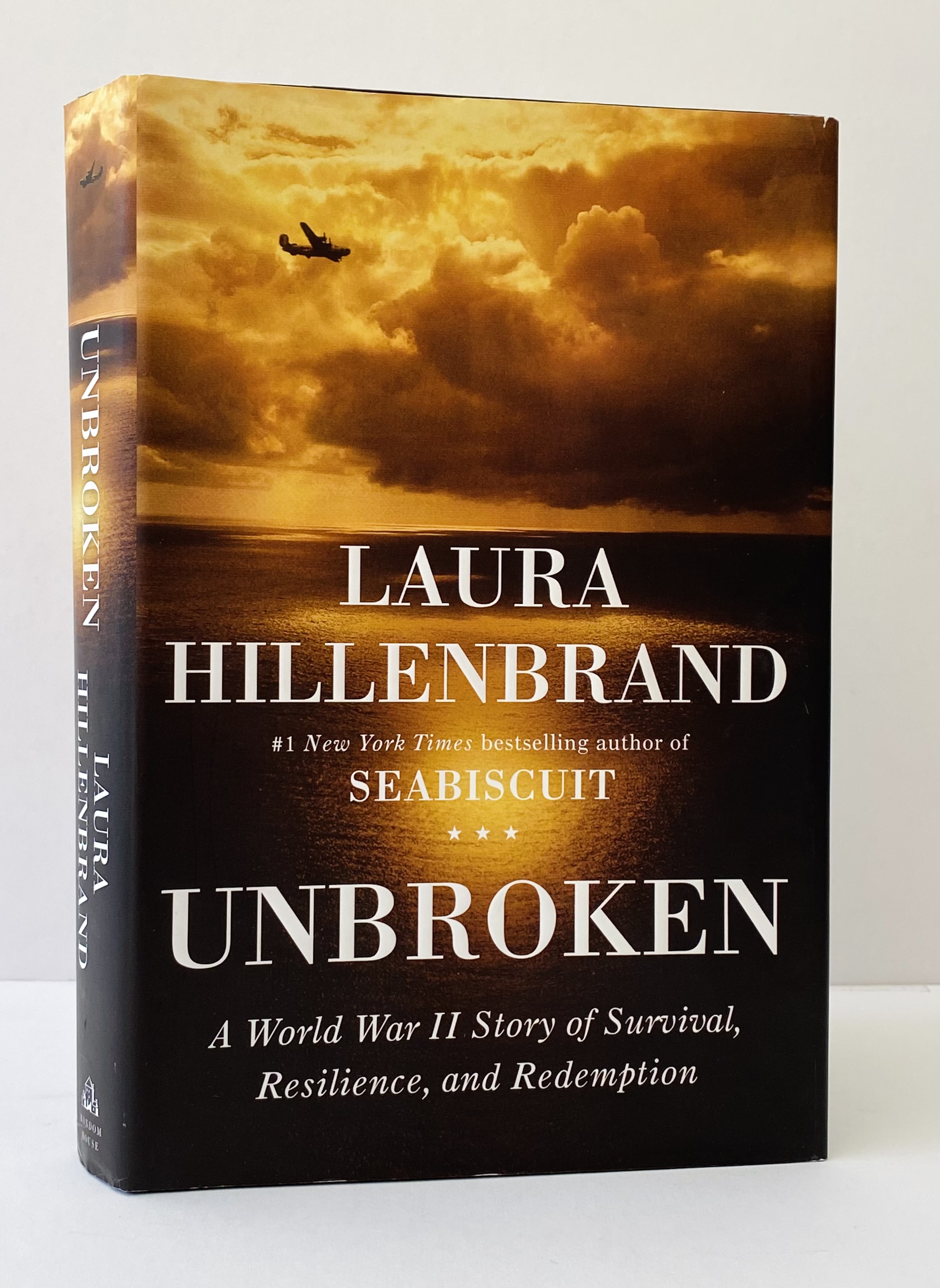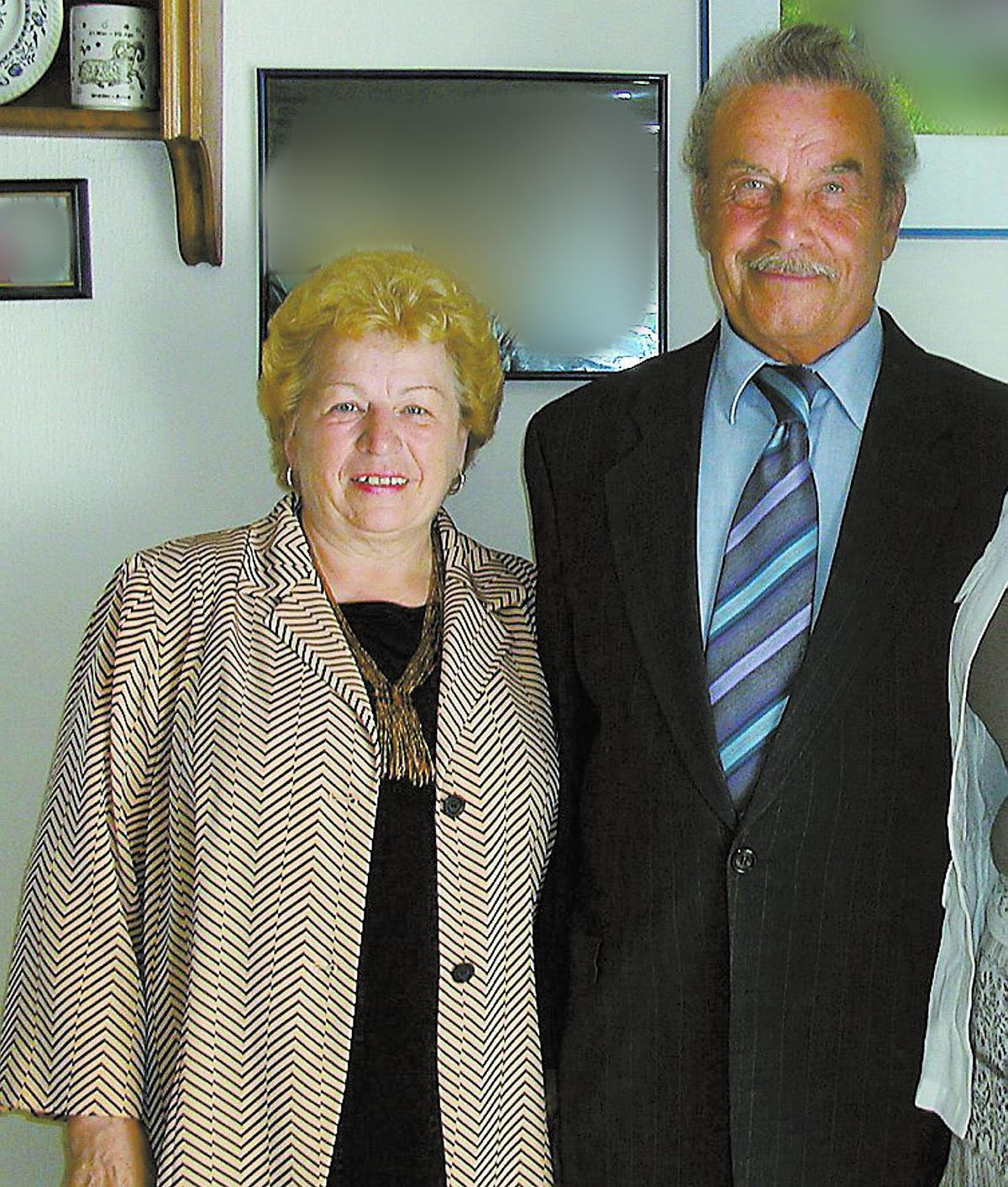Unveiling The Story: The Resilience Of Rosemarie Fritzl & Elisabeth's Journey
by Ed Auer MD May 05 2025
Can a life irrevocably shattered by unimaginable trauma still be a testament to the enduring power of the human spirit? The story of Rosemarie Fritzl, and particularly that of her daughter Elisabeth, unequivocally answers with a resounding yes.
The names Rosemarie and Elisabeth Fritzl are etched in the annals of history, not for achievements or accolades, but for survival against insurmountable odds. Their story, unfolding in the quiet Austrian town of Amstetten, has become a chilling illustration of the depths of human depravity and, paradoxically, the incredible resilience of the human will. It is a narrative that continues to resonate, prompting reflection on the complexities of family, the devastating impact of abuse, and the enduring quest for justice and healing. The details of their ordeal, once kept hidden, have come to light, revealing a story that transcends mere headlines and delves into the core of our understanding of trauma, survival, and the unwavering strength of the human spirit.
The genesis of this harrowing saga begins in Austria, where Elisabeth Fritzl was born on April 18, 1966. Her childhood, marked by a strict upbringing, little affection, and the insidious presence of her father, Josef Fritzl, was an early foreshadowing of the horrors that would unfold. While she lived a seemingly normal life, the seeds of unimaginable suffering were being sown. This would soon become a nightmare, a captivity lasting over two decades, leaving an indelible mark on her life and captivating the world.
- Tom Keens The Blacklist Journey From Husband To Antagonist
- Noa Roth Netanyahus Daughters Family Children Updates
| Aspect | Details |
|---|---|
| Full Name | Elisabeth Fritzl |
| Date of Birth | April 18, 1966 |
| Place of Birth | Amstetten, Austria |
| Parents | Josef Fritzl and Rosemarie Fritzl |
| Key Events | Kidnapped and held captive by her father for 24 years; gave birth to seven children during captivity. |
| Year of Rescue | 2008 |
| Legacy | Symbol of resilience and survival; catalyst for discussions on abuse, trauma, and mental health. |
| Current Status | Living under a new identity, focused on her recovery and the well-being of her children. |
| Reference Link | Wikipedia - Fritzl case |
The tale of Rosemarie Fritzl, inextricably linked to the horrific crimes of her husband, serves as a stark reminder of the hidden realities that can exist within the confines of a family home. Her story, though often overshadowed by the sensational details of her husband's actions, provides a crucial perspective on the long-term effects of trauma, betrayal, and the struggle to reclaim a sense of normalcy. It is a narrative of survival, resilience, and the often overlooked strength required to navigate the aftermath of such profound violation. While her husband, Josef, orchestrated and perpetrated the unthinkable, Rosemarie's journey became a separate narrative of its own, highlighting her quest to create a life of peace and well-being.
The world learned of the unthinkable in 2008. The discovery of Elisabeth Fritzl, a prisoner in her father's hidden cellar in Amstetten, Austria, shocked the globe. For 24 years, she had been held captive, subjected to horrific abuse, and forced to bear the children of her captor. The revelation was a watershed moment, forcing society to confront the darkest corners of human behavior and the devastating consequences of unchecked power. This was a story that transcended the headlines, compelling a deeper exploration into the psychological impact of prolonged captivity, the complexities of family dynamics, and the profound challenges of rebuilding a shattered life. The very structure of the family was broken, and the world was left to grapple with the incomprehensible.
The implications of the Fritzl case extend far beyond the immediate victims. The story forced society to confront the importance of domestic abuse, mental health, and the systems in place to protect the vulnerable. It sparked a necessary dialogue about the power dynamics in families and the failures of societal structures to identify and intervene in cases of extreme abuse. The case highlighted the urgent need for increased awareness, support, and the implementation of effective measures to prevent similar tragedies from occurring. It became a case study in the failure of trust, authority, and the devastating effects of sustained abuse.
- Texas Golf Legends Pga Tour Stars Masters Champions
- Erik Stocklin Bio Wife Colleen Ballinger Career Highlights
The physical cellar, a prison constructed within the family home, became a symbol of unimaginable torment. The details of Elisabeths confinement, the deprivation, the psychological manipulation, are almost impossible to comprehend. The world was left to grapple with the fact that such cruelty could be perpetrated within the context of a family, in the privacy of a home. The very nature of home, a supposed place of safety, was twisted into the ultimate site of terror. Yet, even within this darkness, the human spirit persevered. Elisabeths survival became a testament to an inner strength. Her very existence within those walls spoke volumes of resilience, a refusal to completely succumb to the horrors inflicted upon her.
The narrative of Rosemarie Fritzl, too, offers critical insights into the broader implications of the case. She was, after all, the wife and mother, the one who maintained a semblance of normalcy above ground, unaware of the horrors transpiring beneath her feet. Her journey is one of profound sorrow and the struggle to reconcile the life she knew with the unimaginable truth of her husband's crimes. The public scrutiny that followed the revelation of her husband's actions placed Rosemarie in an impossible position. She was forced to confront the reality of the man she had built a life with and the devastating impact of his actions on her family. Her efforts to find peace and a semblance of normalcy in the aftermath demonstrate an extraordinary strength of character.
The story of Elisabeth and Rosemarie Fritzl is also one of survival and the ongoing journey toward healing. In the years following her rescue, Elisabeth has been working tirelessly to rebuild her life. The transition from captivity to freedom is far from simple, and the scars of her ordeal are deep and enduring. The long road to recovery requires specialized care, immense courage, and the unwavering support of those around her. Her strength has become an inspiration to people around the world. Her story, a testament to the indomitable human spirit, continues to inspire many.
The lasting impact of the Fritzl case extends far beyond the courtroom and the media headlines. It has become a touchstone for discussions surrounding domestic violence, mental health, and the importance of vigilance. The story serves as a constant reminder of the importance of support systems and the need for communities to provide safe environments for vulnerable individuals. The case highlights the complexities of human behavior and the need for a better understanding of the factors that contribute to abuse. Moreover, the story encourages individuals to seek help, speak out against injustice, and to foster an environment of empathy and support.
The resilience demonstrated by Rosemarie and Elisabeth Fritzl serves as a powerful example of the capacity for the human spirit to persevere, even in the face of the most brutal adversities. Their story is one of unimaginable suffering, yet also one of hope. It demonstrates the importance of finding strength in the face of adversity, and of never losing sight of the possibility of healing and recovery. The Fritzl case will continue to be a topic of discussion and study for years to come, forcing us to confront uncomfortable truths and to strive for a society where such horrors can never be repeated. Their story, forever etched in our collective memory, serves as a testament to the indomitable spirit of the human race.
Elisabeths story is not just a tale of survival, but a narrative of the enduring strength of the human spirit. It challenges the way we think about family, trauma, and the pursuit of justice. It is a potent reminder that even in the darkest of circumstances, hope and resilience can prevail. The lessons learned from her experiences continue to impact individuals and society, encouraging open conversations about the profound challenges faced by survivors of abuse, as well as the vital need for empathy, understanding, and the unwavering support necessary to heal and rebuild after unspeakable trauma.
The case also underscores the critical need for increased awareness of the signs of abuse, improved mental health support systems, and effective measures to protect vulnerable individuals. The world was profoundly affected by the details of the Fritzl case, which shed light on the depths of human depravity and the strength of human resilience. The story will undoubtedly continue to resonate for generations, prompting vital conversations about family dynamics, trauma, and the pursuit of justice and healing. The story of Rosemarie and Elisabeth Fritzl is a powerful reminder that, even in the face of unimaginable adversity, the human spirit can endure and, against all odds, find the strength to rebuild. Their legacy will continue to be a symbol of hope and courage for those who have faced similar challenges.



Detail Author:
- Name : Ed Auer MD
- Username : dell.hansen
- Email : stamm.norma@hotmail.com
- Birthdate : 1996-06-24
- Address : 97233 Kassulke Street Apt. 870 West Elna, OR 67575-1345
- Phone : +1 (765) 815-2833
- Company : Kshlerin-Schuster
- Job : Clinical School Psychologist
- Bio : Aut consequatur ipsum et pariatur unde harum commodi. Aut maxime et dolor non enim. Sed aut in numquam dolorem vero.
Socials
instagram:
- url : https://instagram.com/darrel_kling
- username : darrel_kling
- bio : Eius nisi vel et quibusdam et. Rerum qui quaerat qui neque qui. Sit unde id eligendi id.
- followers : 2044
- following : 1874
linkedin:
- url : https://linkedin.com/in/darrel.kling
- username : darrel.kling
- bio : Rerum fugit ex sint quia placeat explicabo.
- followers : 3984
- following : 776
facebook:
- url : https://facebook.com/darrel.kling
- username : darrel.kling
- bio : Et error aut quibusdam nostrum.
- followers : 4760
- following : 2178
tiktok:
- url : https://tiktok.com/@darrelkling
- username : darrelkling
- bio : Ex dolorem facere maxime quo est ipsam.
- followers : 6841
- following : 1727